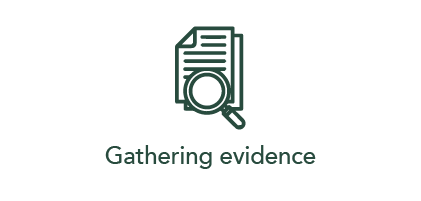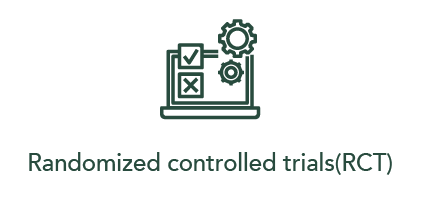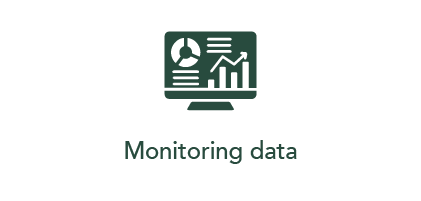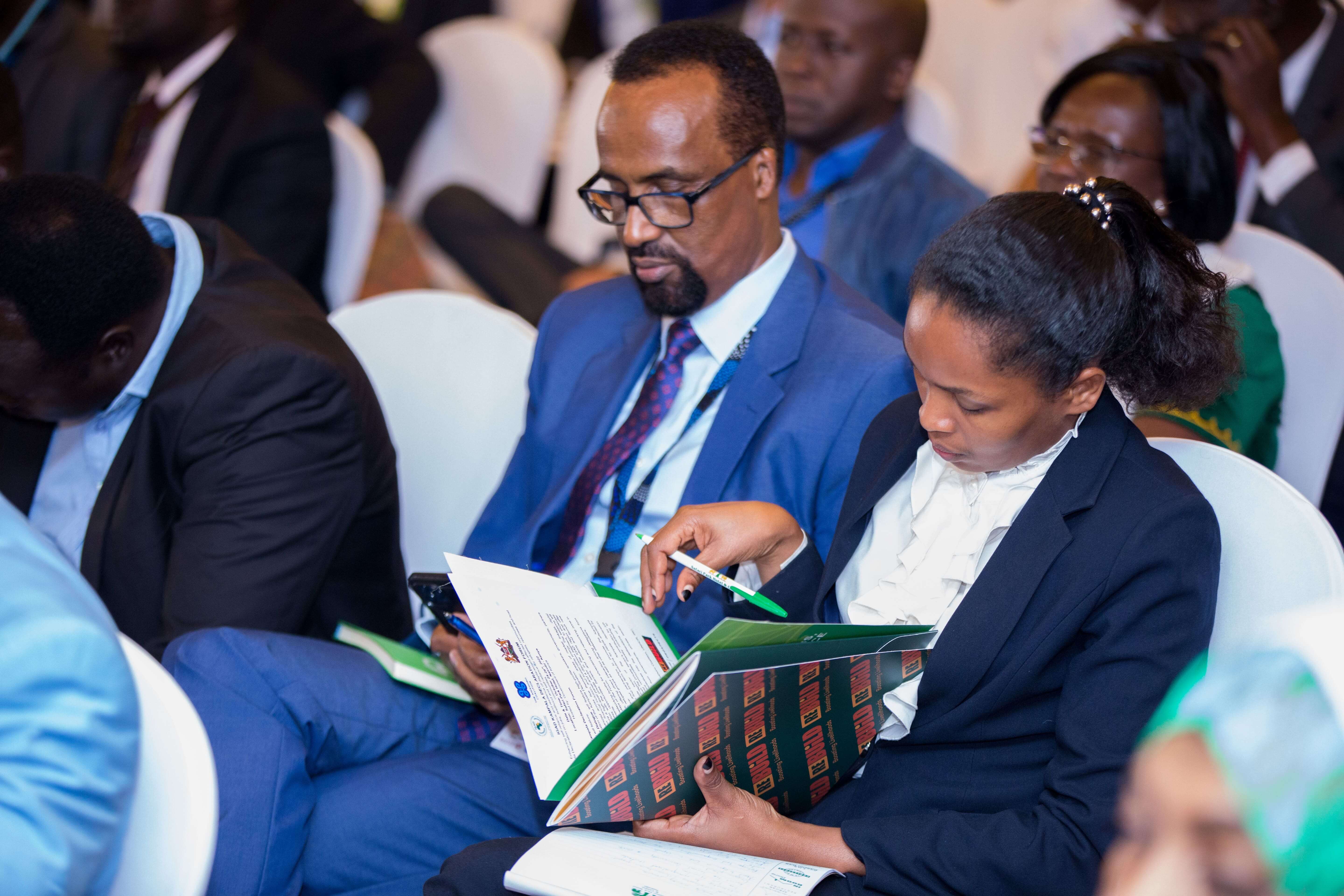Gathering evidence and learning through an alternative process of testing with pilots, randomized control trials (RCTs), monitoring data, and other methods that help illustrate what works to improve urban refugee livelihoods.
 |
 |
 |
There is limited research about what livelihoods services work for urban refugees, and how to improve social cohesion in the cities that refugees and hosts share. Our research aims to build evidence in four (4) areas that have promising, but limited evidence:
- Whether certain interventions are more or less effective for refugees.
- The impact of different delivery models.
- The impact of building social networks for refugees.
- The impact of livelihoods programs on social cohesion.
What we learn is shared widely and used to adjust the services as we deliver.
Randomized Control Trials (RCTs)
A key foundation of Re:Build’s evidence and learning strategy is rigorous impact evaluations that seek to establish the effectiveness and cost effectiveness of specific interventions and delivery approaches to address the barriers urban refugees experience as they pursue economic self-reliance. Re:Build will undertake two waves of impact level research with four specific RCTs, two in Nairobi and two in Kampala.
The RCTs seek to find:
- The most cost-effective package for micro-enterprise services to improve self-employment outcomes for urban refugees and vulnerable host community members.
- The cost- effective ways to promote interpersonal contact between urban refugees and host community members to reduce discrimination, build trust, social cohesion and improve economic outcomes.
Re:Build launched two RCTs in Kampala and Nairobi in 2022 to study the effects of business grants and mentorship for urban refugees and their vulnerable hosts in the urban settings.
Business grants & mentorship
The RCT interventions offer capital support in form of business grants to aspiring micro-entrepreneurs and a mentorship program. This approach directly targets refugee and host individuals’ interpersonal cohesion and will measure whether this interpersonal cohesion translates into better business/economic outcomes.
1,615 clients in Kampala and 1,568 clients in Nairobi were supported with business grants for the first wave of RCT's.
Research Partners
Re:Build work research partners to support designing and implementation of the studies, and lead the analysis. The research partners Georgetown University (GU), Center for Global Development (CGD), Rochester University (RU), Princeton University (PU) and the Economic Policy Research Center (EPRC).
Monitoring and Evaluation (M&E) process
Re:Build’s M&E process supports regular data collection and visualization which enables teams to measure the progress and effectiveness of our interventions. This helps teams stay on track and guides adjustments and adaptations as needed. Data is collected through CommCare, a mobile data collection platform and visualized through Power BI.
